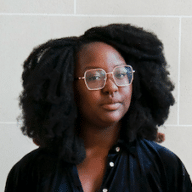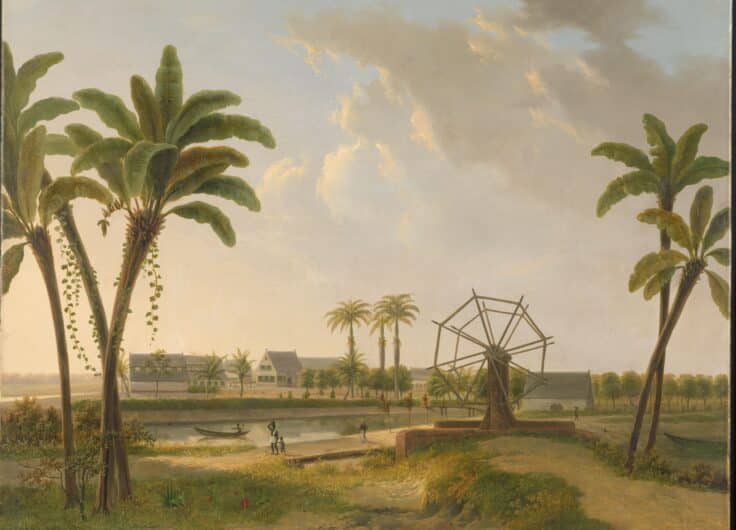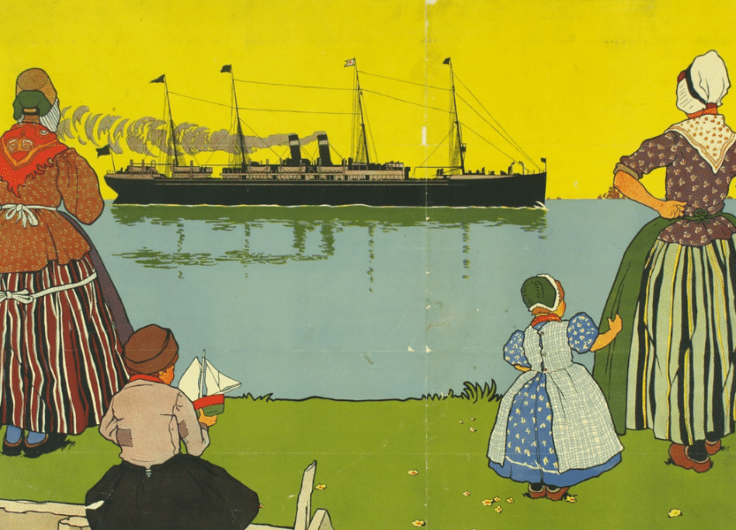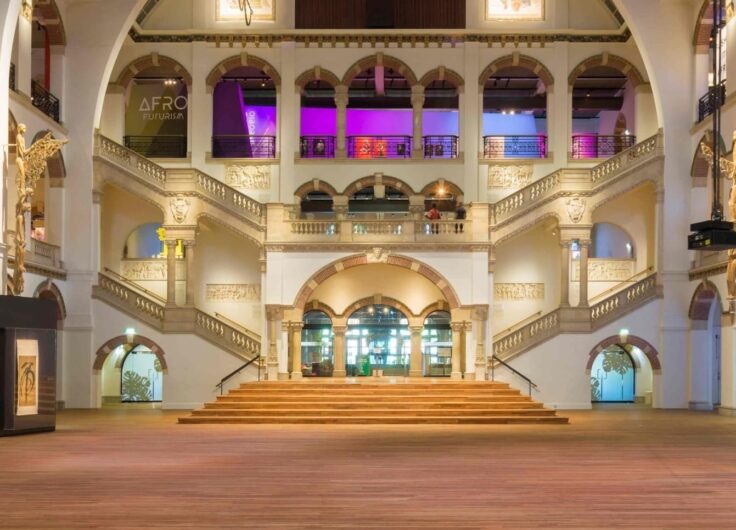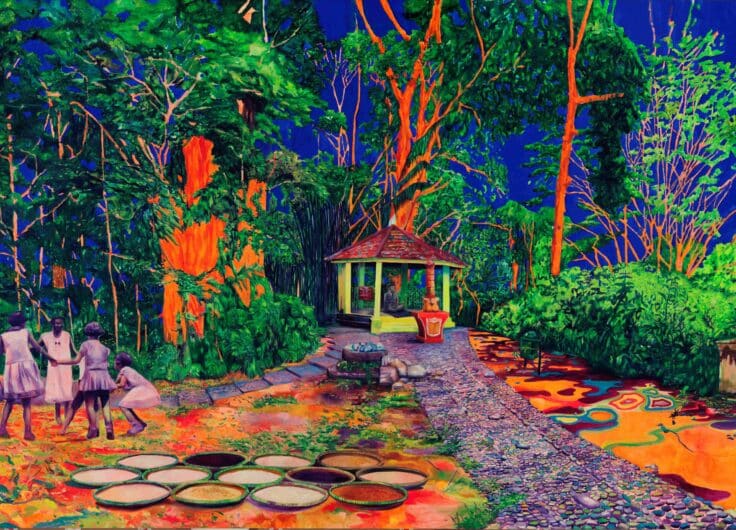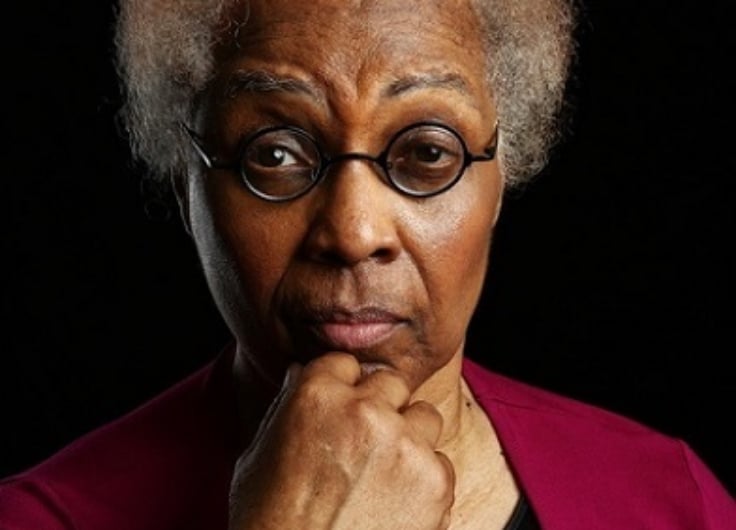Pelumi Adejumo: When another person’s happiness hurts us
Eighteen young Flemish and Dutch authors bring an artefact to life from the Slavery exhibition at the Rijksmuseum in Amsterdam. Pelumi Adejumo gives a voice to a collar from 1689 bearing the coat of arms of William of Orange.
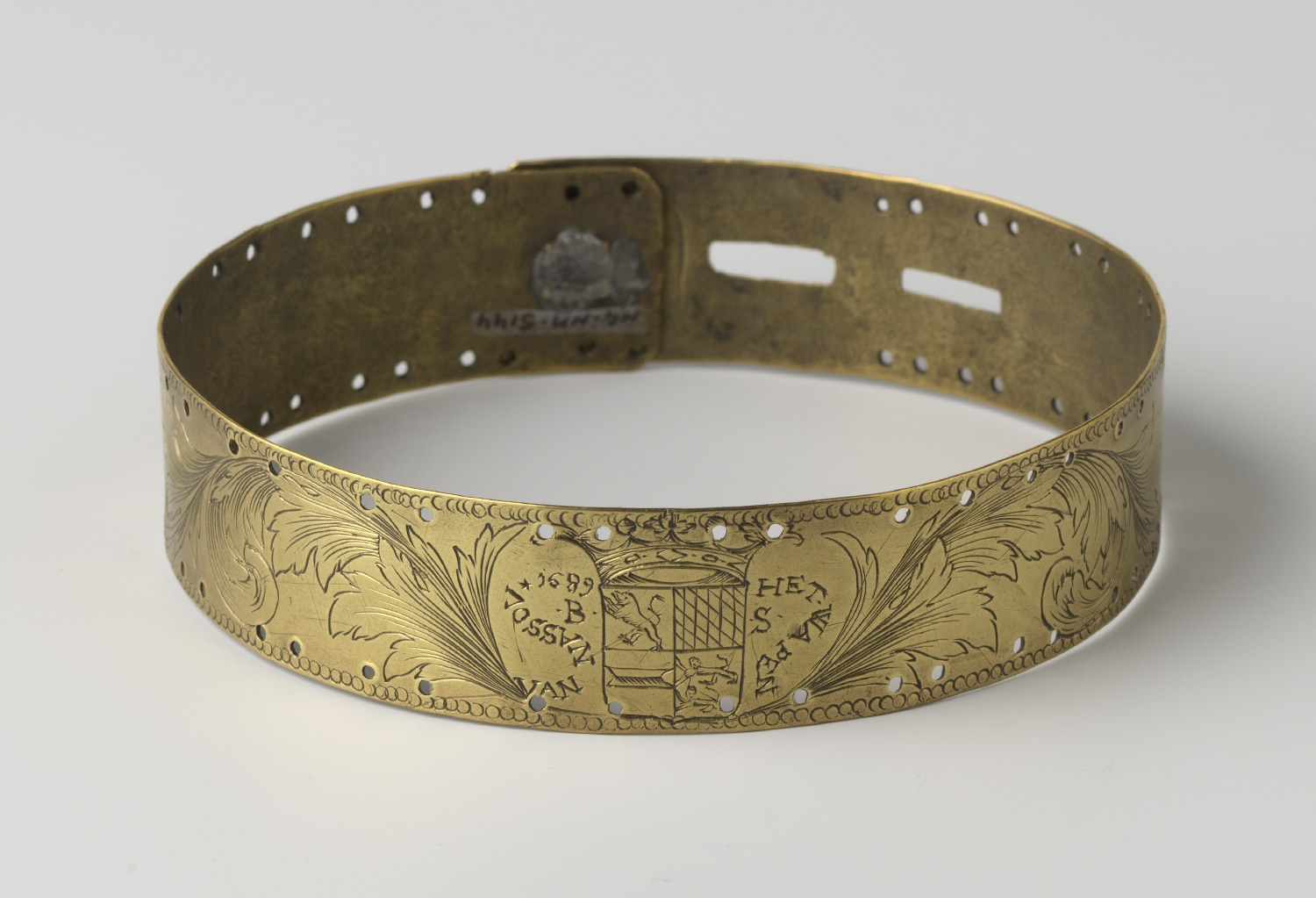 A collar from 1689 bearing the coat of arms of William III, Prince of Orange-Nassau, King of England.
A collar from 1689 bearing the coat of arms of William III, Prince of Orange-Nassau, King of England.© Rijksmuseum
When another person’s happiness hurts us
I long believed there was something regal about it, never touching the ground. When there were visitors, like the Englishman that one time, Lady van der Leck’s little lapdog was dressed in furs and allowed to sit at the table and drink from her crystal goblet. Also at the table: duck breast, a spittoon and the three duck faces – the daughters of the count across the canal. Me and my boy, also summoned to the table. He had to walk around the dining table with his chest out, shoulders down and head held high. And he had to crane his neck, so I could be seen in all my shining glory. It was a veritable parade!
The space where I didn’t touch him was smaller than the distance between middle duck face’s chest and corset. Back in the day, when there was more space, we used to play games. He would lower me down to his collarbone and trace circles in the air with his head. He’d twirl me around like a hoop. More and more often he began to react to me, like he would to the floor in winter, when he’d step barefoot on the tiles and the shock of the cold caused him to drop a tray. And in summer I’d burn against his neck like a garland of coal.
The Englishman’s fingers smelled of tobacco. My boy tried to avert his head when the man touched my engravings. The inscriptions, the family crest, the outline of an acanthus leaf. My boy, as if trying to say something, kept positioning his head in such a way that the sunlight, falling through the windows, reflected off me and into the Englishman’s eye. But the man carried on touching with a single eye. His fingers were lamb chops. There was a wart on his thumb, which he cut on one of my sharper edges. Lord van der Leck and the Englishman bellowed, sounding like baby cows, and the younger duck face quacked along. The other sisters and Lady van der Leck brought their hands to their mouths. The Englishman licked his wound, like the dog and the goblet, and wiped saliva on the off-white tablecloth. My boy and I were driven into a corner.
That night he didn’t sleep a wink. Underneath me, inside him, a revolt was brewing. With a twig he scratched open his skin. I sang for him, hoping against hope, a song about a birch branch, which I remembered from when I had a different shape. In another land, long before he was born. Every night the birches would cry because the children opened them up and took the sap from them, and the fleeing witch girls turned the branches into brooms and the fathers made baskets out of their white bark. It wasn’t just any old song, it was a song with a message! About the price of another person’s pain. But he wouldn’t listen. Not even when I tried to tell him that he was an angel, with a golden ring, that the roles here on earth had been reversed. He wouldn’t listen.
This text was written during a residency at Flemish-Dutch cultural organisation Huis deBuren in association with the Biermans-Lapôtre Foundation.

